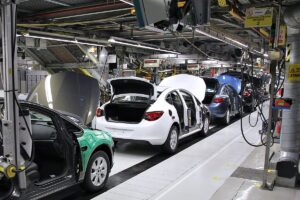
About a quarter of a century ago, I developed the habit of working in German car factories. The excellent pay funded my exotic journeys, and the work itself suited me well. Eight hours on an assembly line making the same set of movements 350 times is surprisingly soothing.
One season I found myself working at what can best be described as the Catch-all Station on Assembly Line 39, putting me in charge of all the leftover tasks no one else could fit in. Things like pat down the door seals, cut a piece of matting, check the wipers, and drive in screws with a huge industrial cordless drill. The variety appealed to me, and I enjoyed the company of the giant orange robot arm occupying the next station. It had incredibly fast yet graceful movements, and when it settled down to rest during the break I felt we were somehow in sync. My human colleagues were equally pleasant. There’s a certain type of German who worked on the assembly lines at the turn of the century, one with a mullet, a glorious moustache, boundless energy, brash and bawdy humour, and real skill. Women were a rare sight.
One night shift, a certain Herr Müller took up position at the Catch-all Station directly opposite me. He stood out because he was well-groomed and perhaps a little plump for an assembly line worker. He kept to himself, and with the radio on and my mind elsewhere, I didn’t pay him much attention at first. But during our ten-minute break around 3am, I noticed him standing quietly beside a pink coupe, caressing its flank. He saw me staring and gave a sheepish look. Stroking cars was a no-no.
“This is a special colour,” he offered as explanation.
Indeed. Who’d want a pink car unless they were Barbie? But no, he meant the special process of applying this particular shade. I must have made my encouraging face because he took the time to explain how it worked.
My outrageously juvenile response? “Wow, you sure know a lot about this!”
He made a funny face. “I trained as a painter.” He wanted to say more, but the line started up again and our break was over.
Opposite sides of an assembly line rarely come close enough to talk. At the Catch-all Station, our only opportunity was when we slid into the cockpit of a saloon (not a coupe) to do the door seal thing. Him on the right and me on the left, as if off for a drive. His story emerged over the rest of the work night.
“I had a house painting business. It was good. Painted houses all over.”
“Then there was an opening in this factory’s paint shop. My wife encouraged me to take it for the job security.”
“The paint shop…ah, we made magic there. Have you ever seen the mother-of-pearl coat?” Here his gaze lingered through the windscreen at the car in front, as if it were this fabled mother-of-pearl rather than a simple blue.
“We developed it. Uses a dozen layers of paint. Gorgeous. Very tricky.”
“But they’ve got this new system now. It’s all robots.”
“They barely need painters anymore, so they’ve been transferring me.”
A long series of coupes gave him the space to recover face.
“Anyway, it was nice talking to you.”
There were no more saloons that night, and the next night he was gone. Perhaps he realised that a master painter did not belong at the Catch-all Station with someone who got excited when the radio played Nickelback.
I always like to think he found the energy to embark on new endeavours. Because that’s the thing. We need energy to survive disruption, and technology has been tearing through people’s livelihoods for decades. Of course, writers will argue that we are different because ours is creative work, special in a way that manufacturing isn’t. Personally, I find this view distasteful. Herr Müller had a deep understanding of paint and colour based on real knowledge and real expertise. He only became irrelevant because robots made products “good enough” for consumers who only saw lower prices.
Here’s an idea I’d like to test-drive: Herr Müller wasn’t facing AI, and neither are writers. Large language models are not intelligent. They are automated word assembly, and there is absolutely a demand for cheaper word assemblages. Remember the incoherence of a badly translated manual for a non-premium home appliance? Rejoice, for our low-price coffee machines now come with perfectly worded instructions, relegating the Herr Müllers of the home appliance manual writing and translating field to the Catch-all Station.
But the Catch-all Station can be a good place to land if you let it teach you something. It’s where you handle the bits that don’t fit elsewhere, where you brush up against lives unlike your own and learn to be adaptable. This messy, unpredictable human engagement, which automated word assembly emphatically cannot replicate, is vital for writers to stay connected to the world they’re writing about, and thereby stay relevant.
So, let’s ask ourselves this: Do we will simply stand there dolefully stroking pink coupes, or do we get up and figure out what comes next?
Freeing Caged Lions
On Artistic Courage in the Face of Doubt
Sometimes things collide in the most unexpected ways. On the one hand, I am slowly picking my way through Conversations with Goethe in the Later Years of his…









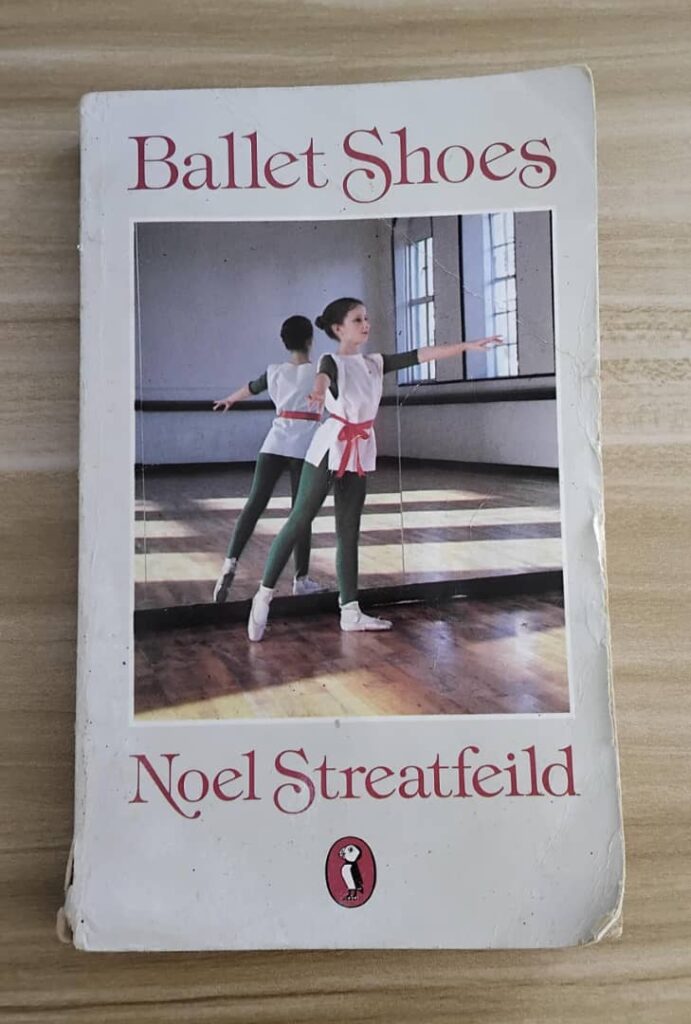


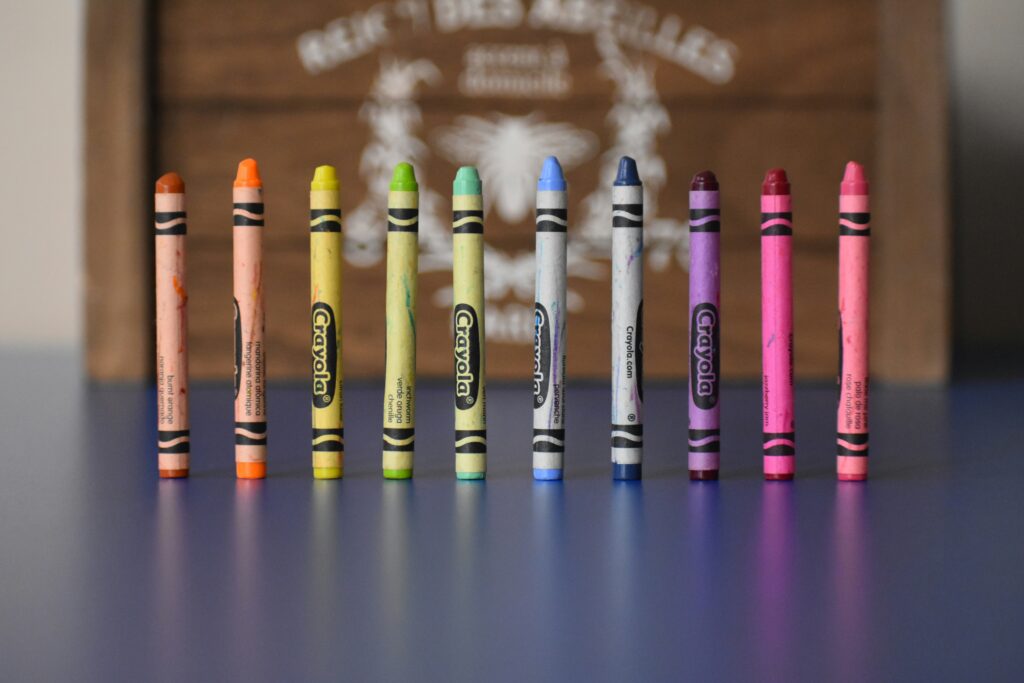



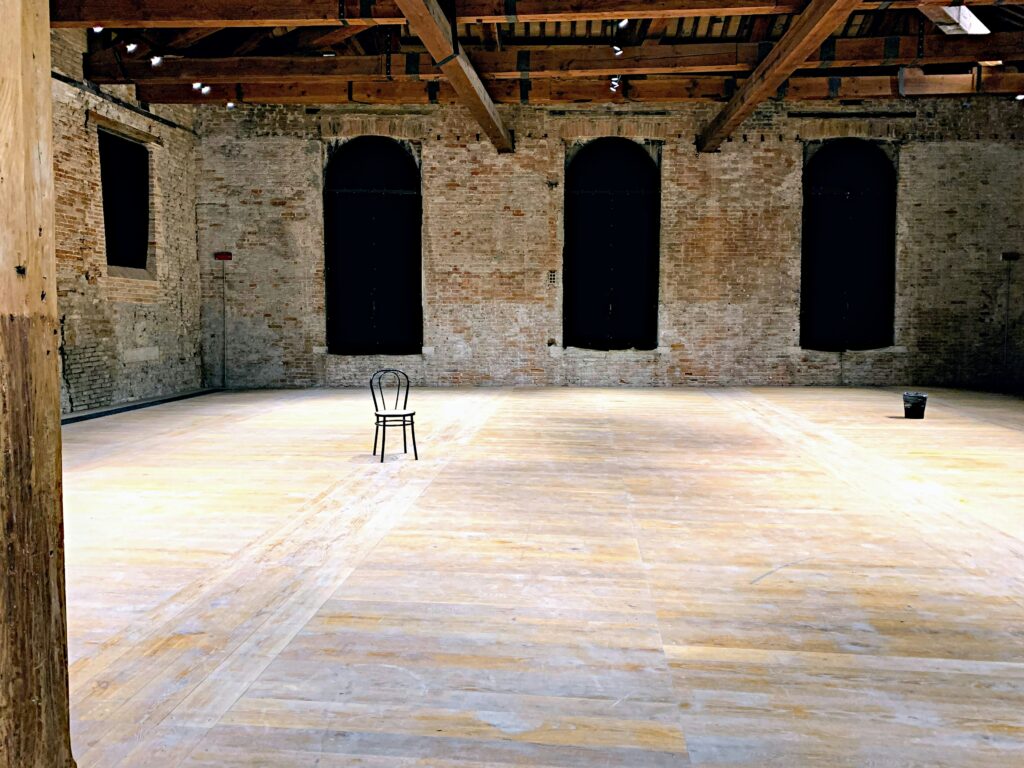

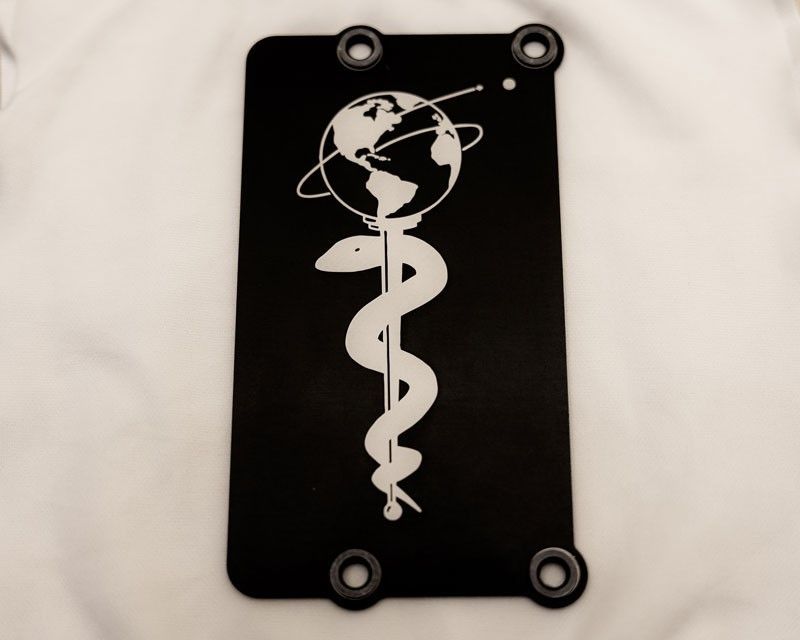


Fascinating piece. I enjoyed the read, and you’ve got me wondering about it all. We need to move on to the next stage of human evolution / creativity… no use just sitting staring at the latest AI paint job. I often wonder how those corn threshers felt like when they… Read more »
I would love to read about it! There’s something rather special about car factories. They have this intense energy and a hidden culture that’s most likely vanished by now.